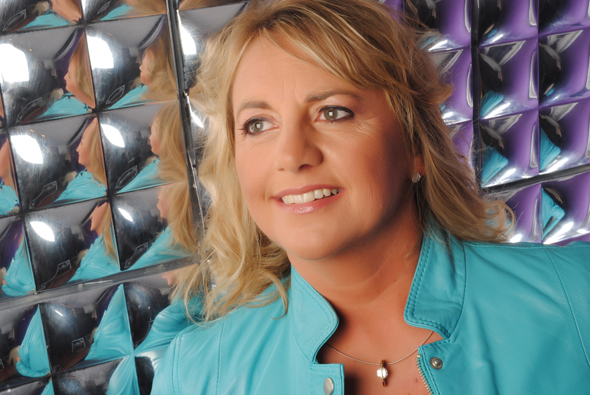Gold for Olympic Technology…- Claire Ritchie
August 22, 2012
The figures published by BT after the Olympics are an example of just how popular the games were. The British telecom giant handled almost 40billion page views on the official London 2012 website, with it peaking at just over 98,000 per second. Visitors to the Olympic venues also made use of BT and Cisco’s Wi-Fi network that was installed, with an estimated 13.2million minutes of access across the locations.
Being so heavily involved in the games meant BT would take the opportunity to market themselves to the large audiences. They released a TV advert featuring crowds at the BT sponsored Hyde Park live screening venue celebrating the games with the end tagline “BT: bringing us all together.” The telecom company clearly took the chance to boost their profile and highlight their role in delivering the games.
While BT may have focused on raising awareness on a B2C level, Cisco were clearly concentrating on their B2B profile. The creation of Cisco House, on top of the Westfield shopping centre overlooking the Olympic Park, was a purpose built hospitality hub. The company estimated it would host as many as 13,000 people throughout the five month period it’s open and are using it as an opportunity to showcase their technology.
A fine example of the partnering companies working so well together is the combination of BT and Cisco’s network infrastructure linking up with Atos CIS to broadcast traffic in and out of the Olympic Park. The single integrated network was carrying the equivalent of 3,000 photographs per second during peak times of the games.
As the Olympics drew closer, it’s more than likely that the BBC were aware they were heading into unchartered territory in terms of just how popular their services would be. With the coverage available on numerous platforms including TV, online, tablets and smartphones, the question was whether the Beeb could deliver something on this scale trouble free?
The stats released by the BBC during and after the Games answered this question quite easily. It delivered. The figures are quite unbelievable when compared to any previous sporting event. Football is by far the most popular sport in the UK, yet on some of the busiest Olympic days, the site’s traffic exceeded that of the entire 2010 FIFA World Cup.
The site certainly lived up to the ‘digital games’ tagline that London 2012 had been given by many around the world. There were a total of 106million requests for video content across all the online platforms, while there was an average of 7.1million UK site visitors per day – 1.4million more than the previous single day record.
Online coverage aside, the BBC’s television coverage was like nothing ever seen before at an Olympic games. The Red Button proved an incredibly popular choice with every sport broadcast live throughout the two week period either on one of the BBC channels or through the button. It was also reported that every live stream received at least 100,000 viewers.
These were the first games where smarthphones and tablets really played a prominent role. The iPhone was not long released at the time of the Beijing games so the lack of integration with the coverage four years ago is understandable. More than a third of the visitors to the site were accessing it through a mobile device and the BBC received 12million requests for video content from mobile phones, partly thanks to the popularity of a specially designed Olympic app for smartphones.
The Olympics may have recently drawn to a close but the technology partners and the BBC aren’t quite finished yet. The Paralympics kick off on 29 August and as BT’s director of London 2012 Delivery Programme, Howard Dickel, recently admitted their work is not finished yet. “For us (BT), it’s simply a case of ‘so far, so good’. We’re seeing the value of our planning, testing and attention to detail, and we’ll continue to focus on delivery until after the Paralympics are over.”
The aforementioned companies were successful in whetting a global audience’s appetite for sport. The public wanted a daily fix and this is what they received. The uninterrupted coverage was broadcast without any hiccups and the network infrastructure designed fed the online demands for information and ensured the delivery of secure, trouble free experience.
London 2012 will be a big act to follow in terms of the technological delivery. With Atos confirmed as a worldwide partner for Rio 2016, there will at least be their technical expertise on hand to assist with the use of their games management system and CIS, but as it stands there is no mention of Cisco partnering the games, although of course Avaya has been named as official telecom equipment supplier for Sochi 2014.
Atos, Cisco and BT have worked well together to deliver this revolutionary Olympic games and the BBC has provided its own ground-breaking coverage thanks to the expansions in technology that have come about in recent years. Many celebrations took place on the track and field at London 2012, but there were also celebrations behind the scenes as technology put in its own golden performance.

